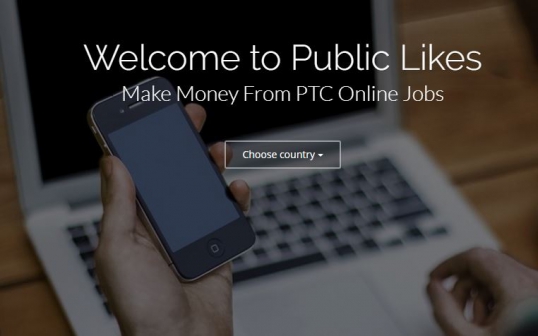×
The Standard e-Paper
Stay Informed, Even Offline

The infamous pyramid schemes are back. And they are back with a bang. They are slicker, smarter, faceless and untouchable. They prowl the anarchic cyber-world, sucking in thousands of gullible young and idle Kenyans with the promise of easy cash.
And cash they have given until, like any other pyramid scheme, they have reached the tipping point and inevitably crumbled leaving scores in financial ruins.